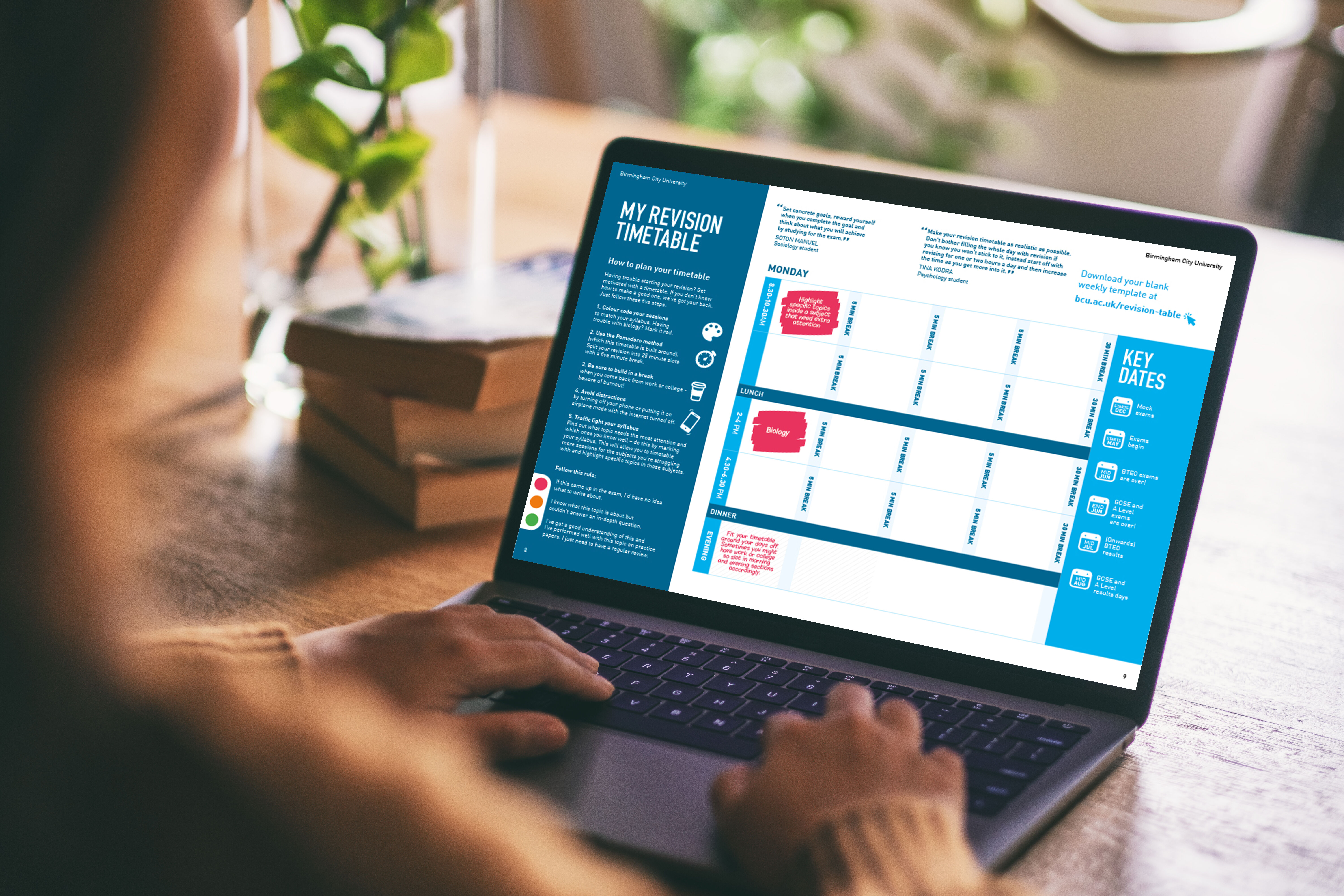Don’t know how to start your revision and getting bored too quickly? Can’t decide whether to create a tapestry of mind maps or work your way through a mountain of textbooks?

Three learning styles and their best revision methods
The Epic Doodler
You remember things better when you see something visual which explains the topics you’re studying. You may already use things like mind maps to revise, but why not try these other revision tips:
- Draw your own diagrams, illustrations or mind maps to remember big or difficult topics.
- Watch a video or documentary on the topic.
- Make your notes aesthetic as a bullet journal.
- Find infographics, posters and other visual resources online to help you (just check they’re correct and agree with your textbook).
And be sure to:
- Avoid distractions. The epic doodler is quite creative and may be more prone to distractions. Make sure you’re funnelling your creativity into revision.
- Manage your time. You can sometimes spend too much time looking for visual sources – sometimes you just have to go through revision one sentence at a time.
- Only doodle or make things look nice when it helps your revision. It's easy to spend more time drawing or making notes aesthetic, but it's important to put more effort into the topics you’re struggling with.
Want more exam and revision tips?
Sign up now and we'll email you regular updates with top revision tips and tricks that are proven to help you achieve top grades and beat procrastination.
The Podcaster
You’re the type that learns best with discussion and probably someone who can pick up the lyrics to their favourite songs rather quickly. You might already discuss topics with your friends or be part of study groups, but these tips are also worth a try:
- Teach someone. This involves discussion, understanding and active recall, and is an ideal way for any type of learner to remember their topics.
- Use audiobooks or podcasts based on the topic (there are a lot of these for English and science subjects).
- Recite what you know about a topic when you’re doing other things that don’t take much thought, like washing up for instance. We recommend you explain this one to your parents first so they don’t think you’ve been replaced by a robot that’s memorised the A Level syllabus.
And be sure to:
- Keep study groups focussed on revision. It can be easy to turn study groups into catch-ups – having a bit of fun helps, so plan in regular breaks to do something fun or have a chat.
- Put your phone away. Put your phone on aeroplane mode or use an app to lock down notifications if you're using it to revise. Leave your phone with someone else or in another room to stay focused.
The Classic
You love classic revision methods. Old-fashioned written notes are for you, but try these tricks to save time and help with the boredom:
- Post-it notes. Everywhere!
- Flashcards. For the person who struggles to be concise, these smaller cards help you focus on what’s important.
- Make a cheat sheet – write down essential facts and answers to things that are worrying – condense it down so it can fit on a single sheet of A4.
- The Cornell note-taking method is the holy grail of note efficiency and a great way to keep entire subjects on one page for easy reference. Take an A4 page and split it into three sections: a section for the main idea or key question in the left margin, a section for the important notes in the main body of the page, and finally, section off the bottom of the page for your main summarised points.
And be sure to:
- Try different methods. Revising using just one technique is the quickest route to mental fatigue. It’s harder to stay focused when your revision is based on endless reading, so take a look at our best revision methods to see what you can try to keep you focused and alert.
- Keep alternating topics. You can only write so much on the same topic before you stop engaging with it. Make summary sheets and colour-code them to make your notes valuable.
